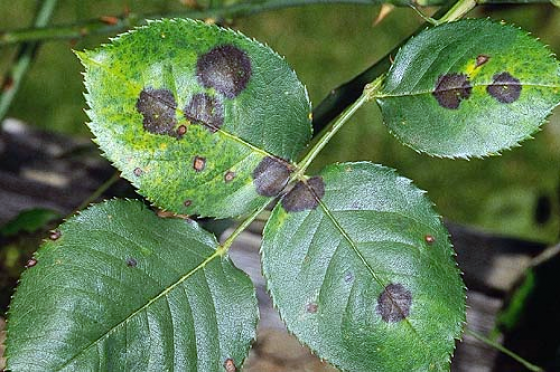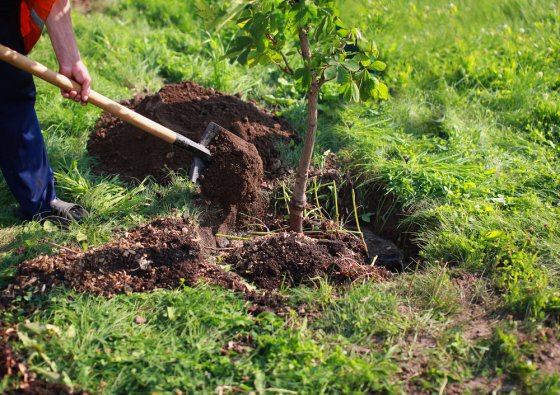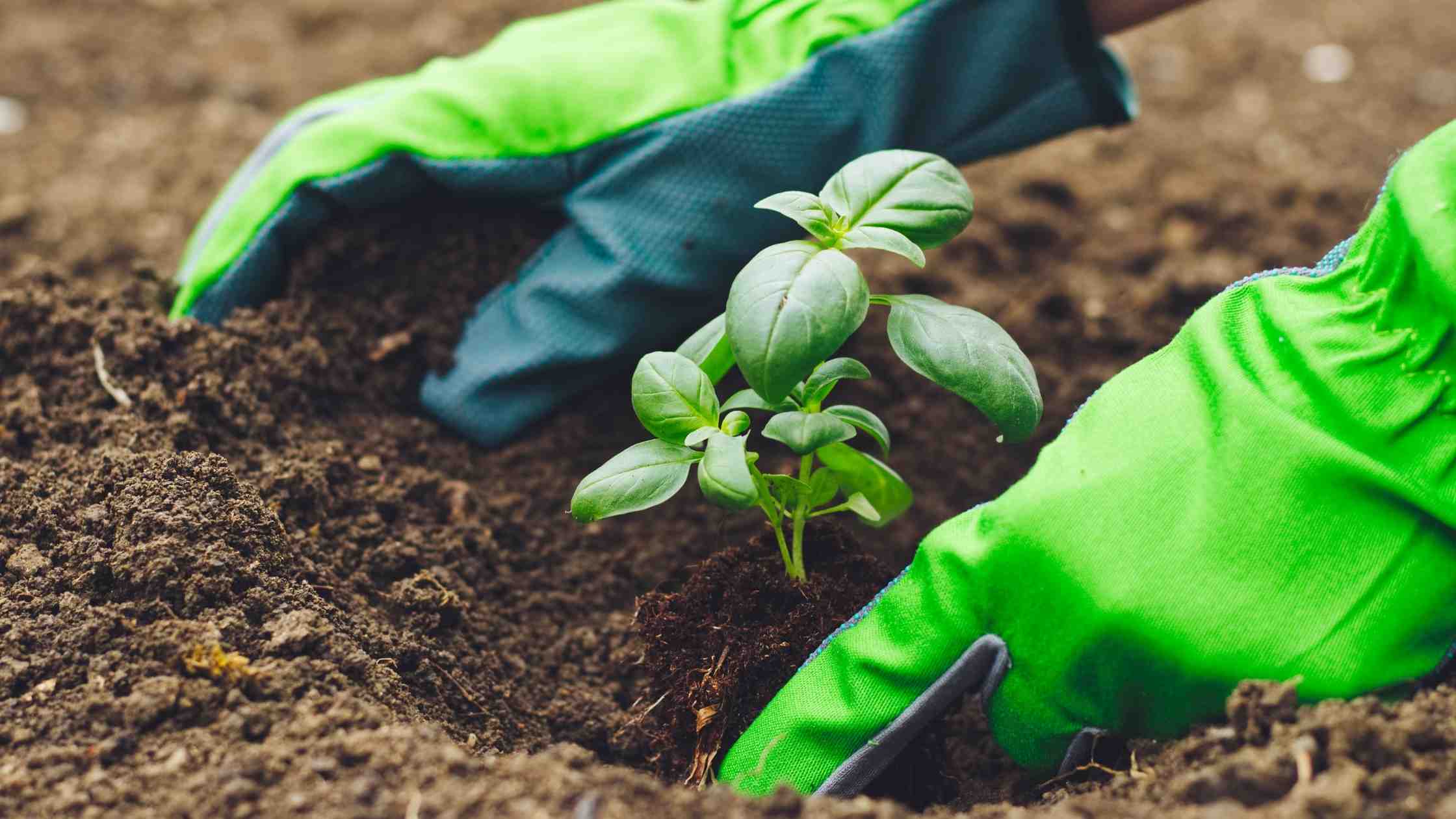If you’re not a seasoned gardener or landscaper, you might have to seek information from your friends or Google every now and then. When doing research, one thing you should look out for is false gardening tips. Less Mess has collected a few common gardening myths, and we’d like to debunk them so no one makes these mistakes during the next gardening season.
Myth: Putting gravel in the bottom of containers improves drainage
The Reality: Doing this will not prevent root rot – in fact, it might encourage it. In a soil-filled pot, gravity pulls the water down through the container, and it builds up near the drainage hole. If there’s gravel at the bottom, the water can’t escape as easily and will sit higher up the pot where it can do more damage. The best way to ensure adequate drainage is to use a potting soil made with coarse materials.
Myth: Baking soda cures black spot

The Reality: Although baking soda is good for getting rid of powdery mildew, it is not effective on black spot. You can use a mixture of water and milk (2 parts water, 1 part milk), but don’t use it on fruits or vegetables since milk sours.
Myth: Tree wounds need dressing
The Reality: Gardeners used to tar or paint tree wounds after cutting off branches because they thought the trees would be vulnerable to pests and disease if the wounds weren’t covered. But it was later discovered that the best treatment was none at all. Trees respond with chemical and physical changes when they are injured, and form barriers that stop or slow the spread of disease and decay.
Myth: Trees should be planted deeply

The Reality: The roots that provide the most air, water and nutrients are just inches below the soil surface. Planting a tree too deeply could limit its access to these vital nutrients, resulting in decreased lifespan and forcing its roots to grow upward.
Myth: Organic pesticides are perfectly safe
The Reality: Less Mess products offer nutrient-rich, fertile organic growth environments for your garden. However, if you’re using organic pesticide, remember that it’s not 100% safe. Copper sulfate and pyrethrum are both natural, but can be poisonous to people and the environment.




